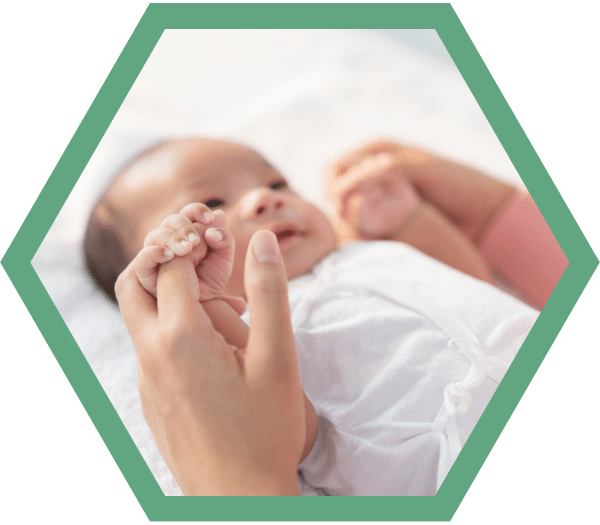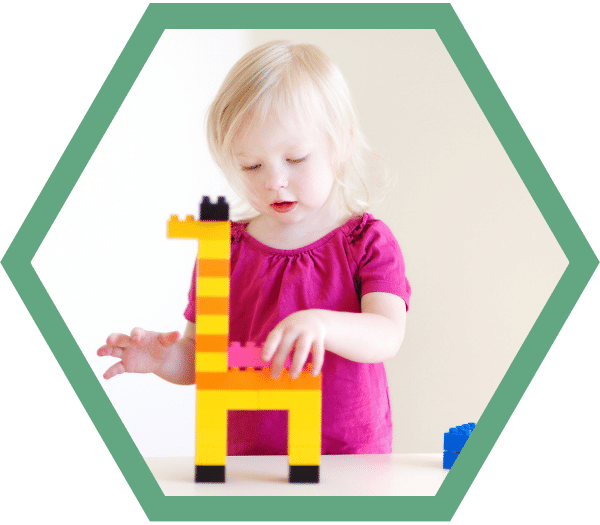
The importance of play
Play is a very important activity in the development of speech and language skills.
Early pretend play sometimes revolves around a favourite teddy bear or doll.
Things to remember
Encourage your child to give the teddy a drink, brush their hair, wash their nose, put them to bed, and more, and to tell you what they are doing, such as “teddy bed” or “teddy drink”.
Don’t feel you have to do all these activities every day. Include one or two in your daily routine, such as saying “socks on or off” when they are getting dressed or “more juice” or “all gone” at mealtimes. You could try some of the other ideas at other times.
Don’t put too much pressure on your child to always talk. Remember, talking is a two-way process and in each of the activities suggested, it is best if you take your turn too, with talking and taking part in activities.
Correcting your child may make them feel anxious. Try instead to accept their attempts at words and show you have understood before saying the word back to them clearly.
Toy and play information
The advice below has been created by B. Hutchon and S. Powell, Royal Free London, together with Dr. A. Fernandez, Neonatologist San Jose Hospital, Chile.
It is designed to provide ideas for activities which can support development of language, cognition and motor skills. The focus is not on specific brands of toys, and this is not an extensive list.

AGE
0 to 3 months

AGE
3 to 6 months

AGE
6 to 9 months

AGE
9 to 12 months

AGE
12 to 24 months

AGE
24 to 36 months
The advice on this page has been created by B. Hutchon and S. Powell, Royal Free London, together with Dr. A. Fernandez, Neonatologist San Jose Hospital, Chile.

